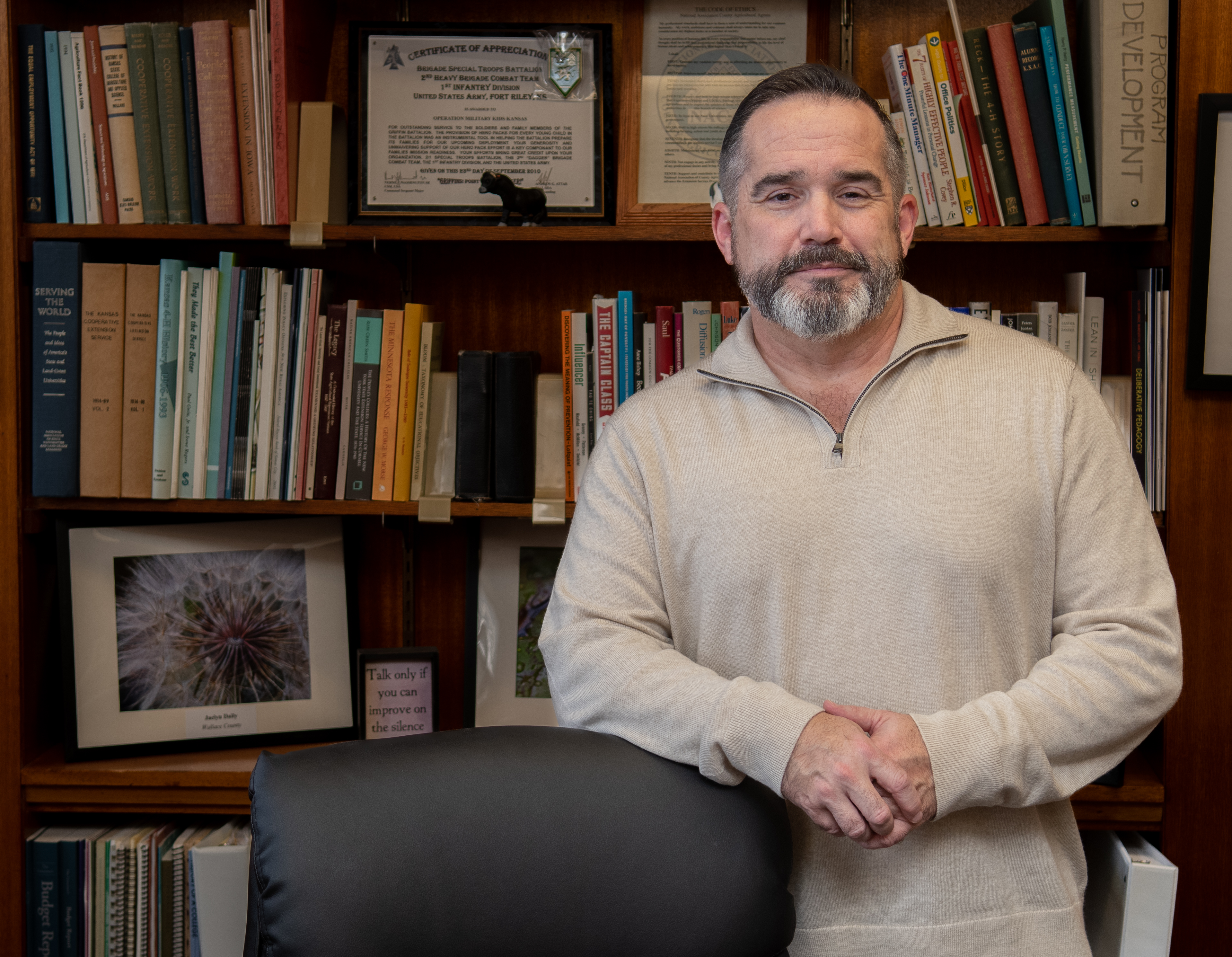July 9, 2024
Professional Courtesies

Every year I devote one article to remind people of a few professional courtesies that each of us as extension professionals and volunteers should be extending. The good thing is that these are not hard to do. Another good thing is that most Tuesday Letter readers already extend these courtesies.
The first professional courtesy is to let our local unit professionals know when you are doing work in their local unit. Why? Imagine this scenario:
A local unit’s stakeholder comes into the office and asks one of our agents about a program that a K-State specialist put on in the area, or, perhaps, it’s about a research study that a K-State researcher is conducting locally.
If the local unit agent doesn’t know about it, think about how awkward that must feel for both parties. The agent is embarrassed that they don’t know about it, and they feel bad because they cannot quickly help their stakeholder. The stakeholder is left wondering why two K-Staters do not communicate with each other and how she is going to have to wait longer to get the information she needs.
A simple phone call, email, Teams chat, or personal visit would have gone a long way to preventing this situation.
Now, lets look at a different scenario with similarly bad potential outcomes:
A K-State specialist is at a meeting with colleagues from industry or from another extension system. One of these external colleagues that does similar work comes up to him and announces, “I am looking forward to speaking at that extension meeting in Example County. Will I see you there?”
Imagine the K-State specialist’s embarrassment if this was the first time they knew about this arrangement. Once again, a simple heads up would have saved our colleague from this embarrassment. Agents, please let our specialists know when you are inviting external sources of expertise. They will appreciate it, and they may be able to offer you additional information that could help you and the external expertise source information that could greatly enhance the program.
The third professional courtesy is being responsive. If an extension colleague, stakeholder or current or potential user contacts you and leaves a message – get back to them in as timely a manner as practical.
If you are going to be out of the office for an extended period, set up an autoreply to let them know that it will be a while before you can contact them. Even if you are too busy to help them, people will appreciate it if you can get back in touch with them, let them know of your time challenges, and then offer some guidance as to who else may be a good resource.
Not responding indicates that you do not think they or their issue is important, and that is unacceptable in extension work.
It is understandable that we sometimes slip up in extending these courtesies. No one expects perfection. Nevertheless, such slip ups should be the exception, not the rule. If it becomes a rule, it reflects badly on you and the system. Extend these courtesies. They are the types of things great extension professionals do.